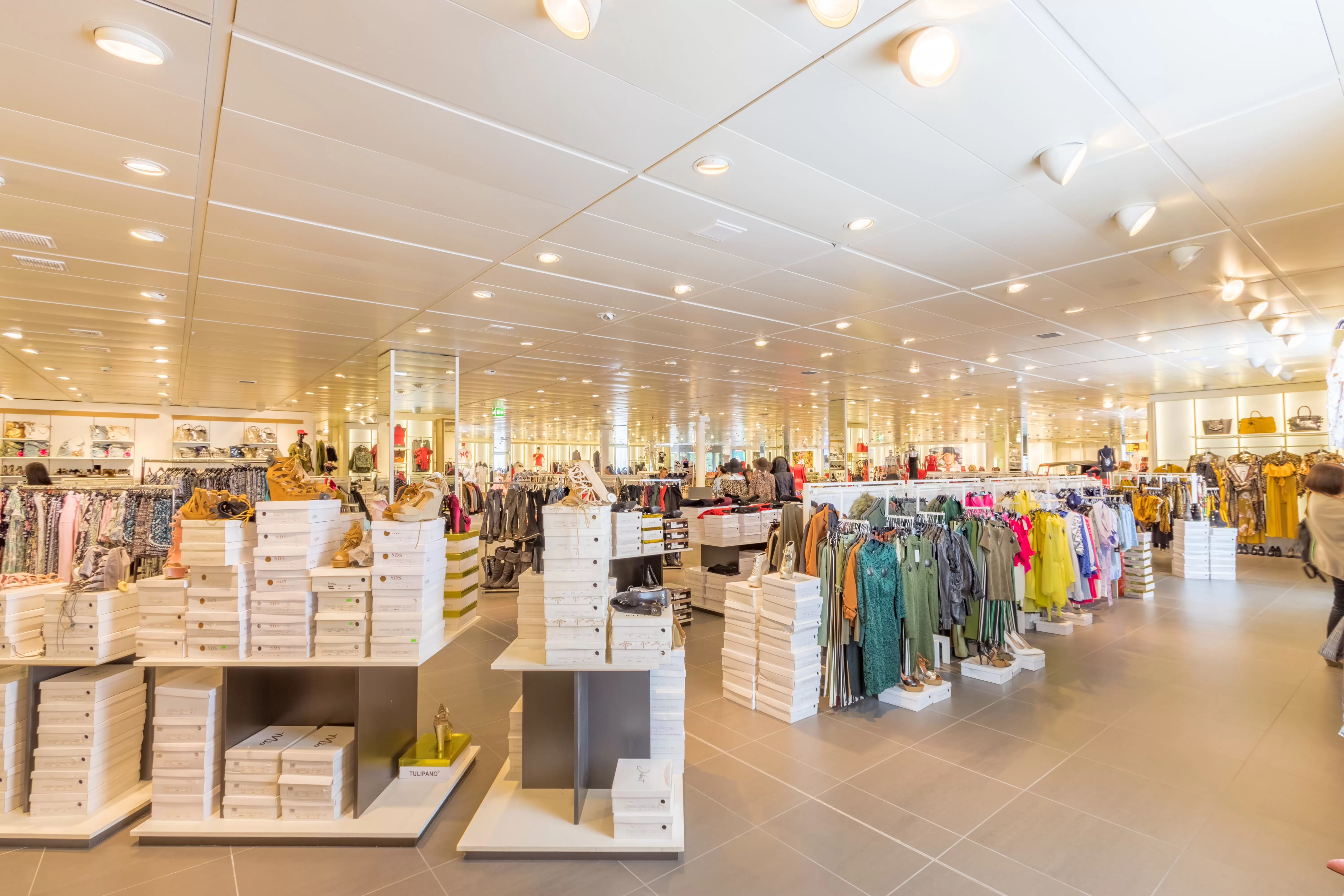Detailed content of our market study
 Inforamtion
Inforamtion
- Number of pages : 35 pages
- Format : Digital and PDF versions
- Last update :
 Summary and extracts
Summary and extracts
1 Market overview
1.1 Definition and presentation
The shopping center is a group of signs of gallery gathered within a shopping mall. First appearing in the United States at the beginning of the 20th century, shopping centres have developed rapidly throughout the world. In Belgium and in Europe, the growth of shopping centres, in size as well as in number, is now faced with the surge of e-commerce which reduces its margins and increases its vacancy rate.
However, shopping centre operators are adapting to the new shopping habits of consumers. In Belgium, the customer base is increasingly young and male. In a small country, the three largest shopping centres are located in Wijnegem, Louvain-la-Neuve and Brussels.
A shopping centre is a real estate complex comprising various cells containing retail outlets, restaurants and technical premises, connected by pedestrian traffic areas, all of which are usually housed under the same roof. It encompasses built and unbuilt spaces that constitute a legal entity managed by a company that issues commercial leases.
Since 2000, nearly 5 million square meters of retail space have been created each year worldwide. However, the overall structure of shopping centres and the services they offer will change in the future. It is the millennials who will partly drive this change in consumption through their habits.
In Belgium, there will be 10% less retail space rented in 2020 than in 2019, and a decrease in the number of transactions of -16%. Shopping centres seem to be in the early stages of a difficult period, which has been accentuated by the health crisis, and which is forcing shopping centres to reinvent themselves and diversify into new activities to continue to attract customers.
All our studies are available online in PDF format
Take a look at an example of our research on another market!
 Choosing this study means :
Choosing this study means :
Access to more than 35 hours of work
Our studies are the result of over 35 hours of research and analysis. Using our studies allows you to devote more time and added value to your projects.
Benefit from 6 years' experience and over 1,500 industry reports already produced
Our expertise enables us to produce comprehensive studies in all sectors, including niche and emerging markets.
Our know-how and methodology enable us to produce reports that offer unique value for money.
Access to several thousand articles and paid-for data
Businesscoot has access to all the paid economic press as well as exclusive databases to carry out its market research (over 30,000 articles and private sources).
To enhance our research, our analysts also use web indicators (semrush, trends, etc.) to identify market trends and company strategies. (Consult our paying sources)
Guaranteed support after your purchase
A team dedicated to after-sales service, to guarantee you a high level of satisfaction. +44 238 097 0676
A digital format designed for our users
Not only do you have access to a PDF, but also to a digital version designed for our customers. This version gives you access to sources, data in Excel format and graphics. The content of the study can therefore be easily retrieved and adapted for your specific needs.
 Our offers :
Our offers :
the shopping centre market | Belgium
- What are the figures on the size and growth of the market?
- What is driving the growth of the market and its evolution?
- What is the positioning of companies in the value chain?
- Data from several dozen databases















